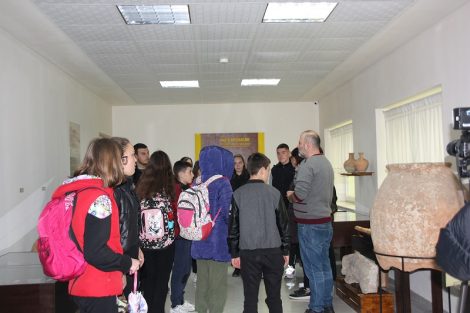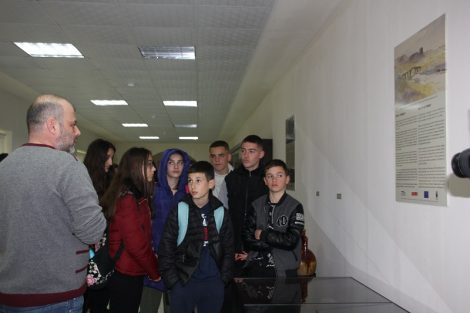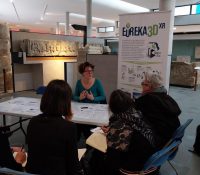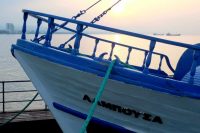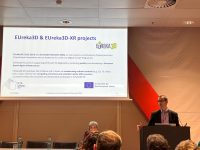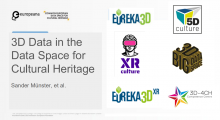sharing the press release of the international Romani Studies Network (iRSN) by director Dr Adrian Marsh
>>> international Romani Studies Network (iRSN), Press release, 8th April 2022 >>>
On the 8th April each year, we, the Romani and Traveller people, celebrate the First World Romani Congress taking place in 1971, in Orpington (near London), when Romani activists, intellectuals and non-Romani academics and allies came together to address the issues of emancipation of the Gypsy, Roma, and Traveller peoples, promoting Romani rights and equality, and eradicating racism, discrimination and prejudice that has been a constant since shortly after the ‘Egyptians’ first arrived in Europe, c.1400. This last has been defined and described, by Roma intellectual Nicolae Valeriu (2006, ‘Towards a Definition of Anti-Gypsyism’, https://ergonetwork.org/wp-content/uploads/2019/01/Valeriu-Nicholae_towards-a-definition-of-antigypsyism.pdf), as ‘anti-Gypsyism’, a specific form of racism towards Romani and Traveller communities that are stigmatised as ‘gypsies’, a much broader spectrum of practices, expressions, and pseudo-scientific propositions that goes beyond ‘hate-speech’, and into a variety of hidden and unhidden, manifestations impacting every single aspect of Romani lives.
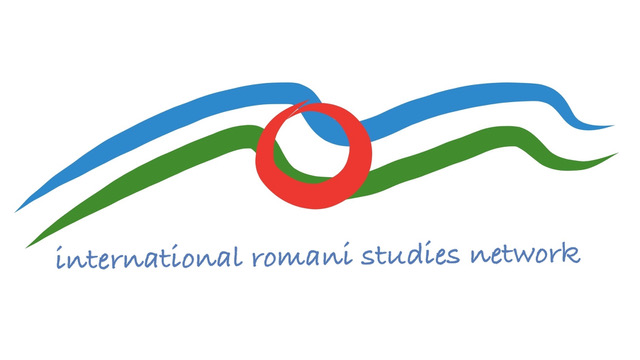
1971’s First World Romani Congress, organised by the International Gypsy Committee, adopted the international flag of the Romani people, the usage of the political term ‘Roma’ (rather than variations of the term ‘gypsy’, and other, derogatory terms in differing languages) by a majority of the attendees from twenty-three countries, and the international anthem of the Romani people, “Gelem, Gelem” (“I went, I went”), with lyrics that reflected the terrible suffering of Roma and Sinti during the period of the Nazi racial state (1933 to 1945), and its fascist allies throughout Europe. The International Gypsy Committee was renamed the International Committee of the Rom (Komiteto Lumniako Romano), and five commissions for education, reparations & war crimes, social affairs, language, and culture, were established to strengthen and promote Romani identity and ethnicity, and knowledge about our history, traditions, and rich heritage.
Every year since that first, extraordinary expression of the particular energy and genius that is the Romani ‘spirit’ or ‘soul’ perhaps, the 8th April has been marked as both a commemoration of the millions of Roma who have died in pogroms, persecutions, individual murderous attacks, and the ‘Porrajmos’ (the Great Devouring, in the Romani language), the Romani Holocaust of 1936 to 1945 across Europe, the Balkans, and Russia, Ukraine, and Belorussia, and a celebration of Romani resilience, resistance, and vibrancy as people, to quote historian Angus M Fraser, a diaspora with “no promised land”, who have survived in the face of all odds.
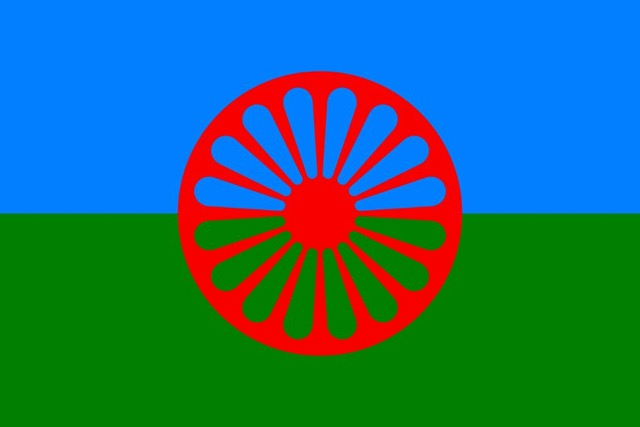
In the spirit of unity, commonweal, and challenge to the rising tide of anti-Gypsyism in Europe, and the U.K. where new legislation specifically, and in a way not seen since the notorious anti-‘Egyptian’, anti-Irish, and anti-Catholic laws of the English parliament, c.1530, targets Gypsies, Roma, and Travellers, join with the Romani and Traveller people marking today’s important anniversary, and support, in the spirit of anti-racist action, not only words, the Gypsy, Roma, and Traveller people in your local and regional areas.
Opré Roma!
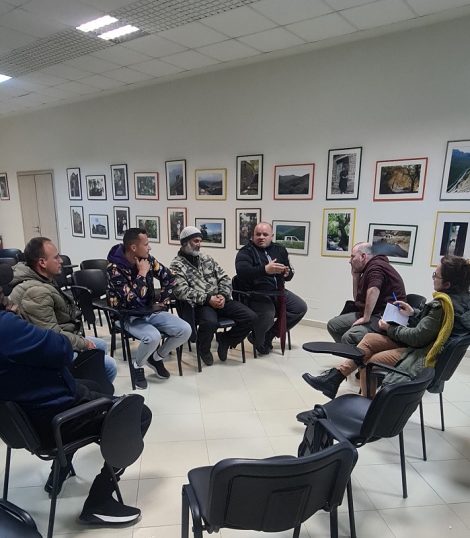


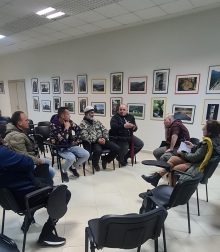
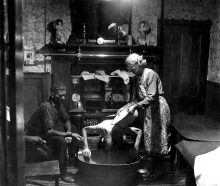
 Founded in London in 1927, TopFoto is a rich resource for the world’s political and social history of the 20th century, illustrating the events, cultures and public figures that have shaped tomorrow’s world. TopFoto is an independent, family owned and operated, picture archive and agency, for many years now based just 45 minutes south of London by train, but in the rural heart of Kent, garden of England.
Founded in London in 1927, TopFoto is a rich resource for the world’s political and social history of the 20th century, illustrating the events, cultures and public figures that have shaped tomorrow’s world. TopFoto is an independent, family owned and operated, picture archive and agency, for many years now based just 45 minutes south of London by train, but in the rural heart of Kent, garden of England.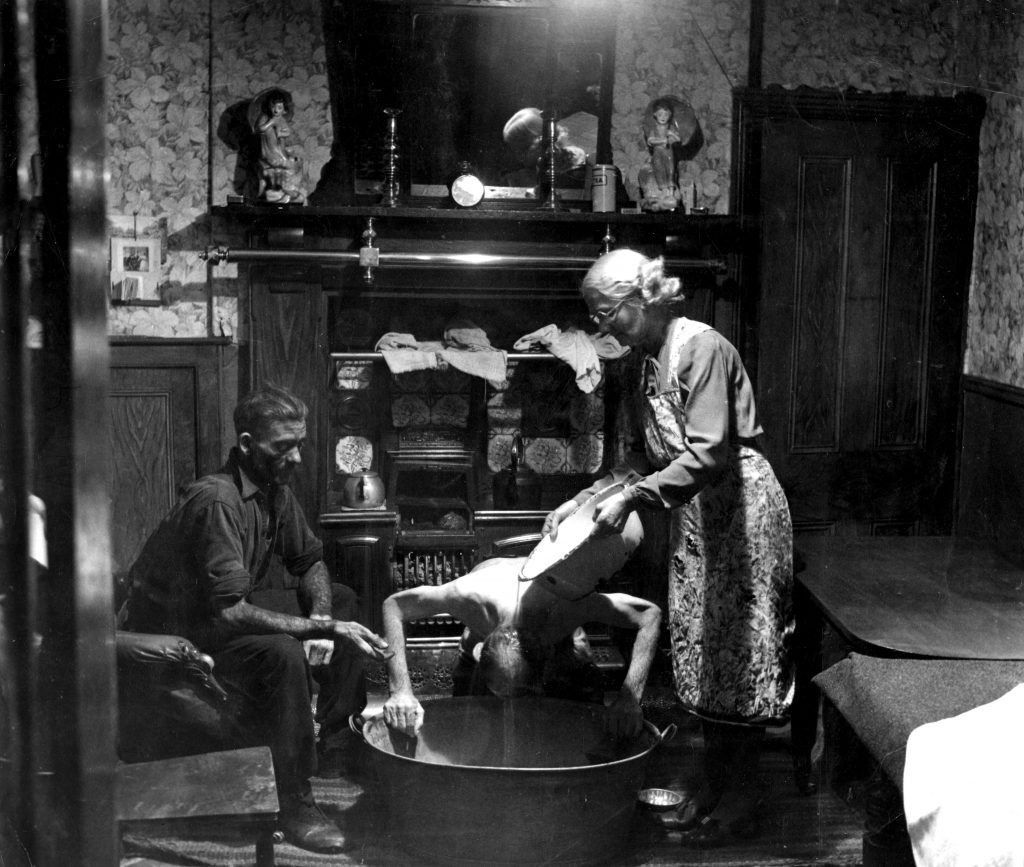
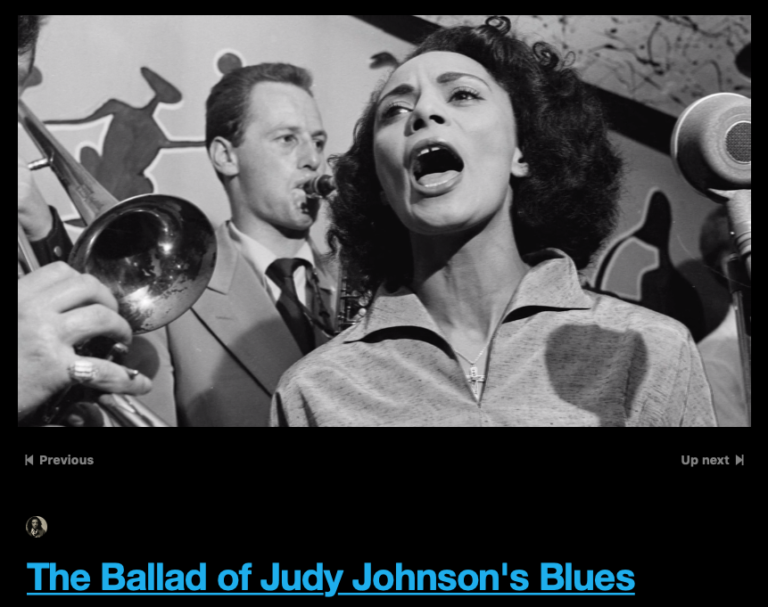
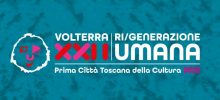
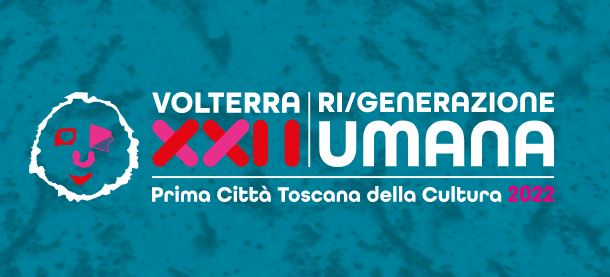 Volterra, the Tuscan town
Volterra, the Tuscan town  In order to promote Volterra XXII and all scheduled events, the digital platform
In order to promote Volterra XXII and all scheduled events, the digital platform 
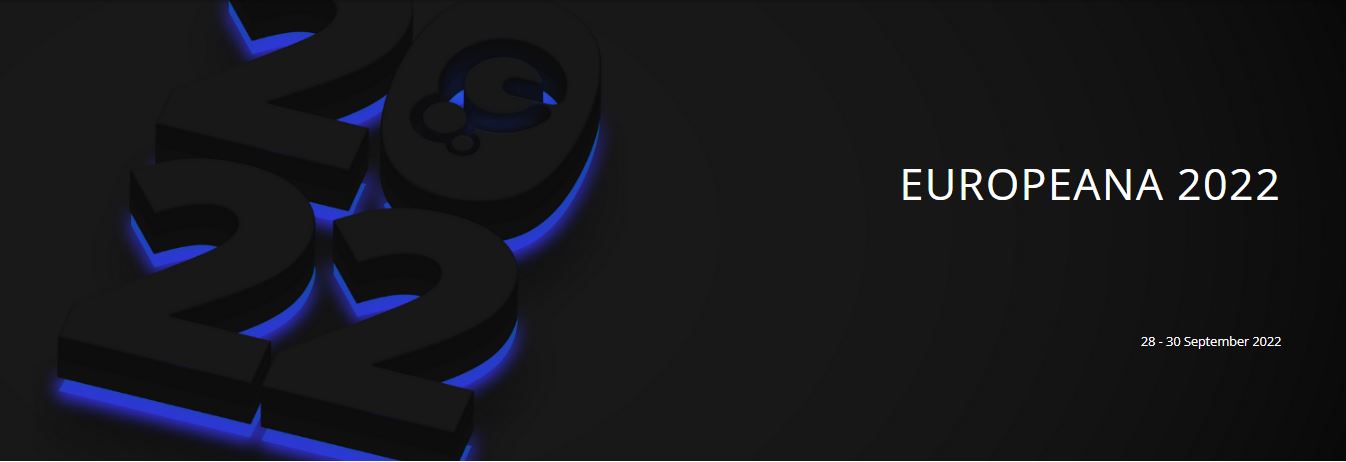 The 2022 edition of the Europeana conference will take place on 28 – 30 September and a call for proposals has been launched for the occasion.
The 2022 edition of the Europeana conference will take place on 28 – 30 September and a call for proposals has been launched for the occasion.
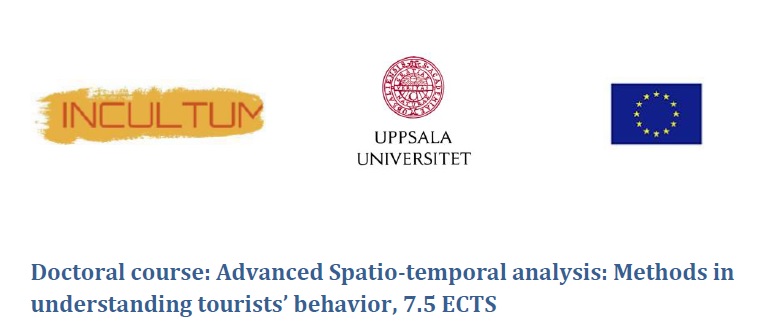
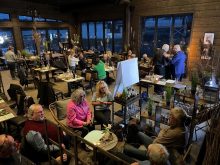
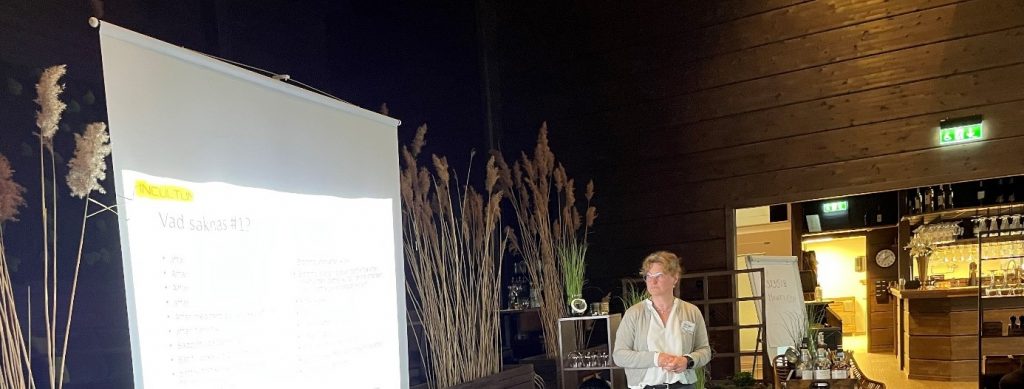
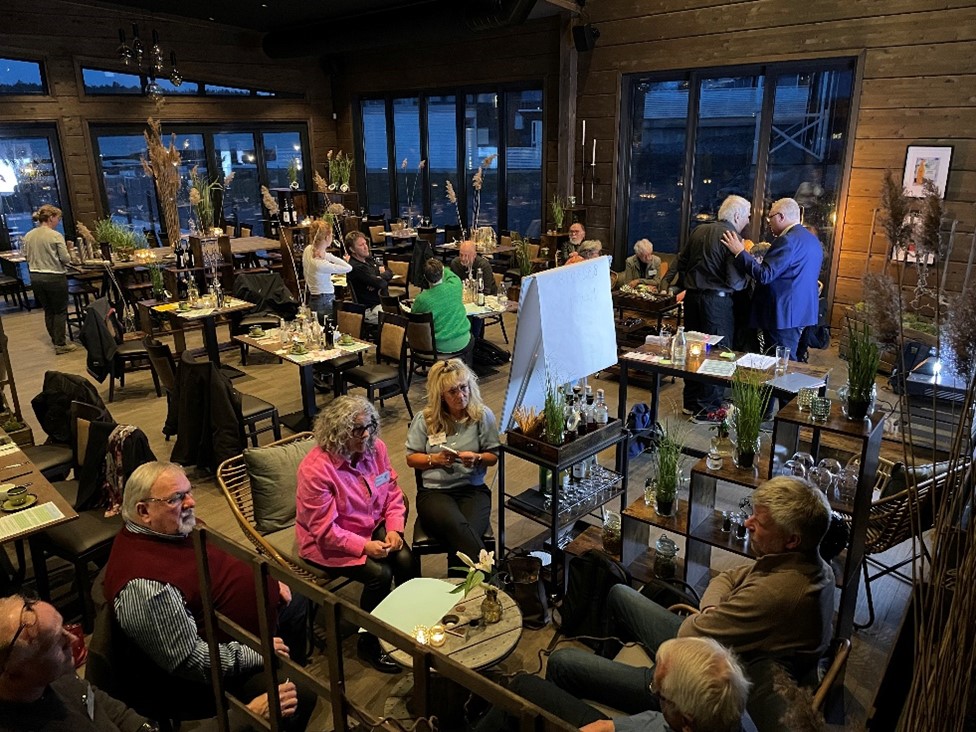
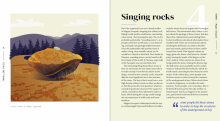
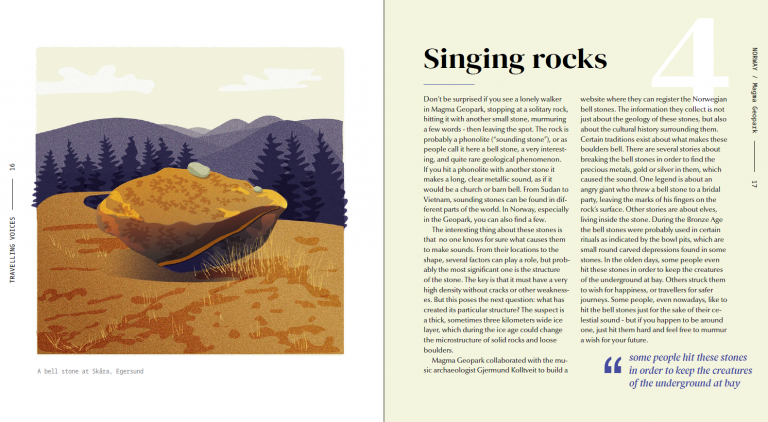
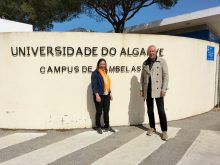
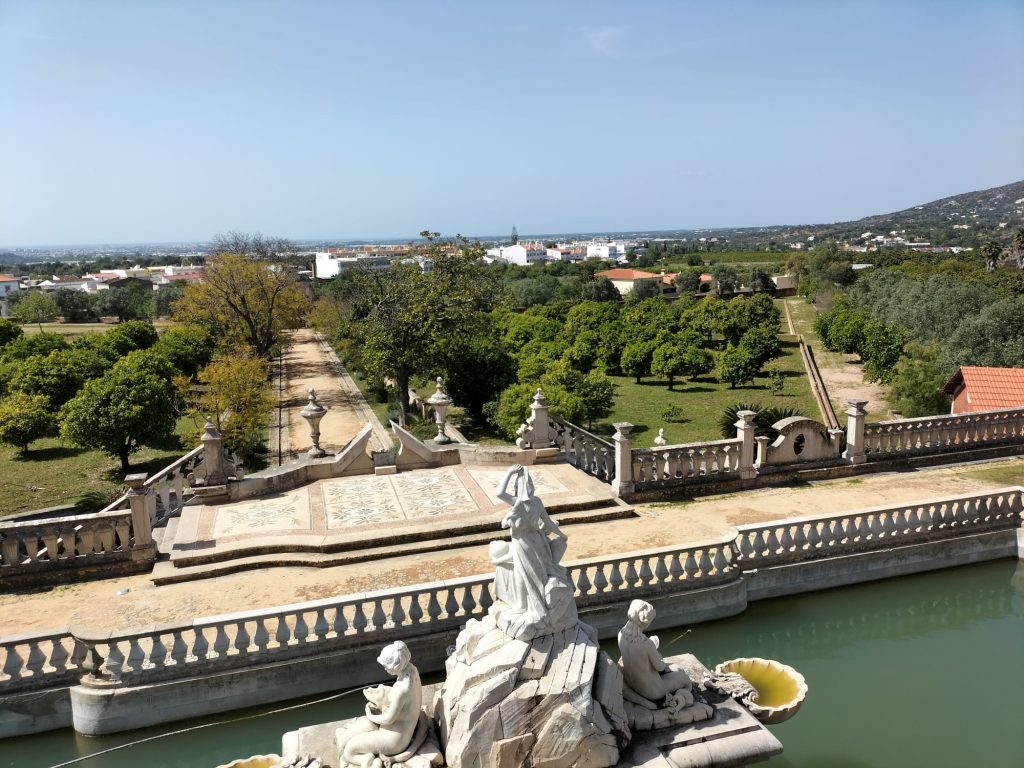









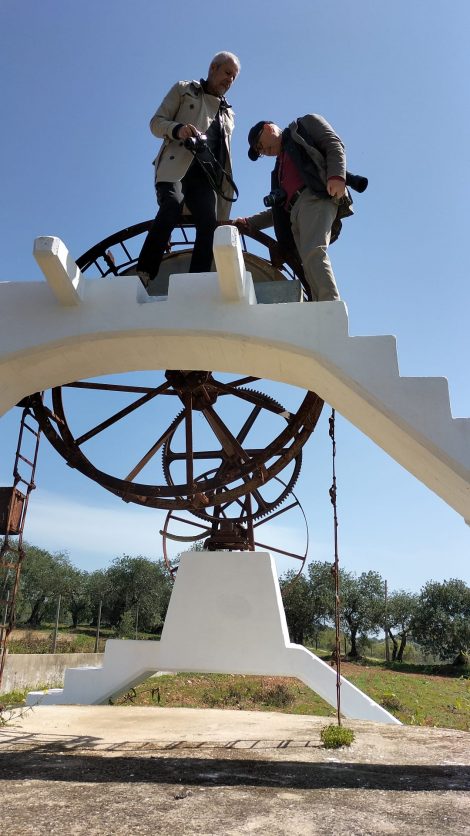 The proposed actions in the Pilot are directed towards the survey, diagnosis and architectural and hydraulic rehabilitation of a group of norias, aqueducts and tanks in order to contribute to the preservation of the landscape’s memory and to the (re)activation of its identity. Other actions will aim at the revitalization of historic irrigation systems, practices and techniques, namely the recovery of traditional cultivation techniques and species of fruit trees are in the process of disappearing (tangerine trees, for example). The definition of cultural routes for the hydroagricultural heritage and the organization of little markets for the sale of vegetables and fruits in the villages, will be an attraction for visitors, bringing tourism closer to polyculture and to the Mediterranean diet, with an impact on the local economy.
The proposed actions in the Pilot are directed towards the survey, diagnosis and architectural and hydraulic rehabilitation of a group of norias, aqueducts and tanks in order to contribute to the preservation of the landscape’s memory and to the (re)activation of its identity. Other actions will aim at the revitalization of historic irrigation systems, practices and techniques, namely the recovery of traditional cultivation techniques and species of fruit trees are in the process of disappearing (tangerine trees, for example). The definition of cultural routes for the hydroagricultural heritage and the organization of little markets for the sale of vegetables and fruits in the villages, will be an attraction for visitors, bringing tourism closer to polyculture and to the Mediterranean diet, with an impact on the local economy.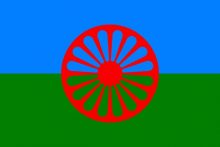


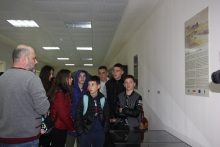
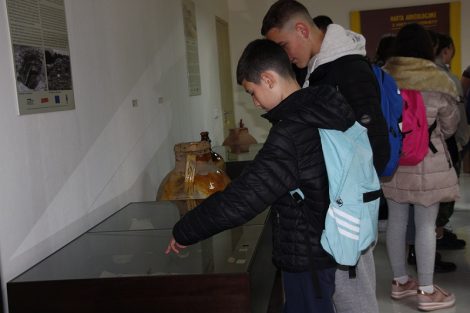 On April 7, 2022, the newly opened display room of archaeological artefact in the museum of Përmet, welcomed its first visitors. They were local school students who had the opportunity to experience a guided visit led by archaeologists, introduced to the museum collection and have a wider understanding about the archaeology and history of the area.
On April 7, 2022, the newly opened display room of archaeological artefact in the museum of Përmet, welcomed its first visitors. They were local school students who had the opportunity to experience a guided visit led by archaeologists, introduced to the museum collection and have a wider understanding about the archaeology and history of the area.